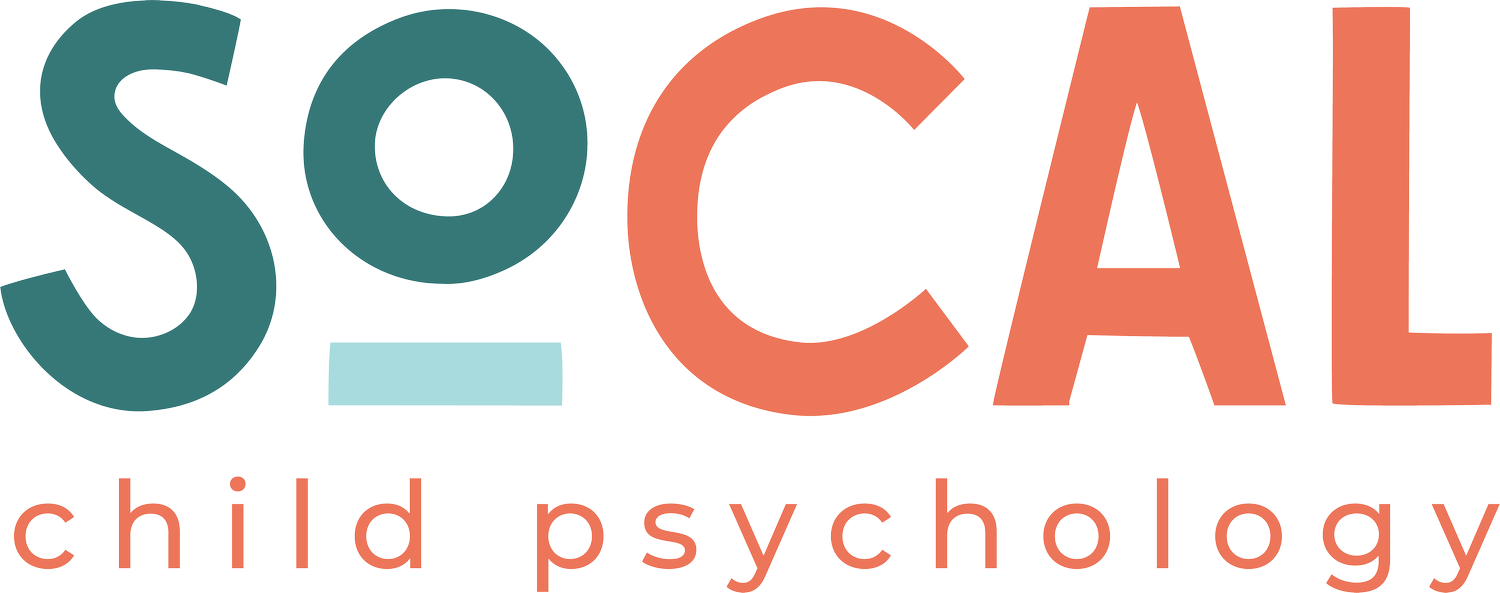Rejection Sensitive Dysphoria
Rejection sensitive dysphoria (RSD) is an emotional sensitivity in response to real or perceived rejection.
While RSD is not considered a mental health diagnosis, it has been used as a term to describe what many people with Attention-Deficit/Hyperactivity Disorder (ADHD) may experience.
What is rejection sensitive dysphoria?
RSD is often perceived as an intense emotional reaction to a real or perceived rejection in a social situation.
Rejection sensitivity is not considered a mental health diagnosis, and so your child or you as an adult cannot receive a diagnosis of rejection sensitive dysphoria.
However, rejection sensitivity refers to a negative thinking pattern where someone tends to interpret situations in a negative light. This means that someone with rejection sensitivity may anticipate or more easily perceive situations as leading to rejection.
This type of thinking style is not exclusive to ADHD, and rejection sensitivity differences have been found for individuals with anxiety and depression as well.
What are some signs of rejection sensitive dysphoria?
For individuals with rejection sensitivity, this often is seen in their worries.
For example, your child may perceive that a friend doesn’t want to be their friend anymore when they don’t hear back from them on the phone for a few hours.
Their interpretation of the situation is that they are being rejected, whereas there are many other explanations for why their friend hasn’t answered them yet.
People with RSD may also worry about future events and their likelihood of being rejected at them.
If there is a birthday party coming up, your child may worry about if they will be invited or if other kids will speak to them at the event.
Emotional meltdowns and tantrums prior to and during social situations or situations in which someone perceives rejection is also often key sign of rejection sensitivity.
At times, this may look like a child is being defiant when really they are worried about the situation.
How do you support a child with rejection sensitivity?
Even if you can see clear signs that rejection is not occurring, it is difficult for someone with RSD to see that at the moment.
It’s a difficult balance of supporting and understanding your child’s feelings while also acknowledging that there may be other factors at play that could account for their perceived rejection.
1. Validate their feelings of rejection
For most kids, these feelings of rejection are there for a reason. Maybe they have past experiences with rejection that have led them to be more aware of the potential for rejection.
When your child expresses their worries about rejection, respond by validating their feelings and saying “It sounds like you’re feeling really upset right now.”
2. Encourage them to participate in experiences
Some kids may want to avoid situations in which there is the possibility of rejection and missing out on potential fun activities such as sports and social events.
This may in turn unfortunately reinforce the idea that rejection is bound to happen at these events and it’s safer to stay at home.
When possible, it’s helpful to encourage kids to attempt to engage in situations they are worried about (of course, this doesn’t apply to situations that are actually harmful or where bullying is present).
3. Seek outside support when needed
For children who experience these feelings of rejection sensitivity, it may be worth reaching out to a mental health provider to see if they would benefit from cognitive behavioral therapy.
Cognitive behavioral therapy is one type of treatment that helps kids recognize their thinking patterns and come up with more balanced thoughts.
As a child psychologist in La Jolla, California, I work with children and teenagers diagnosed with ADHD.


